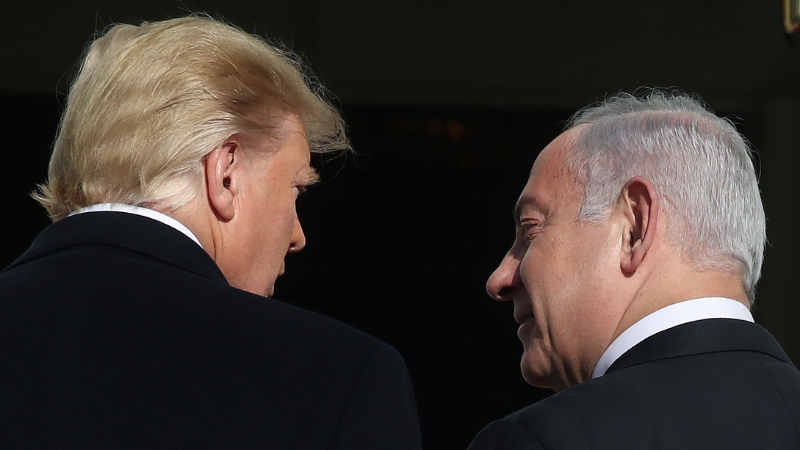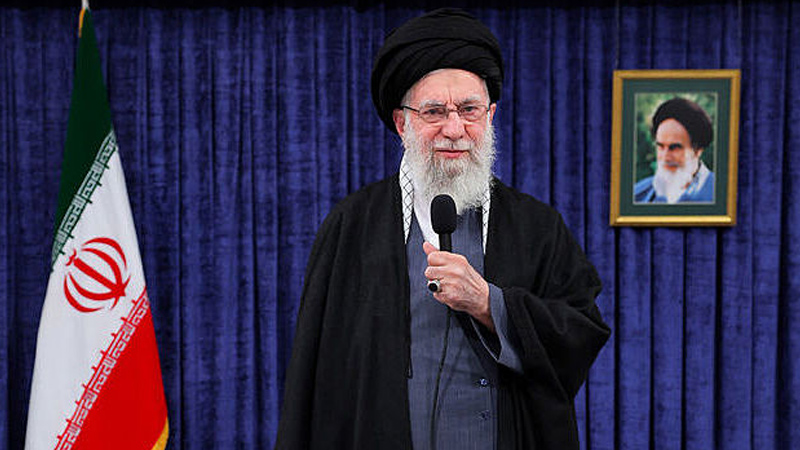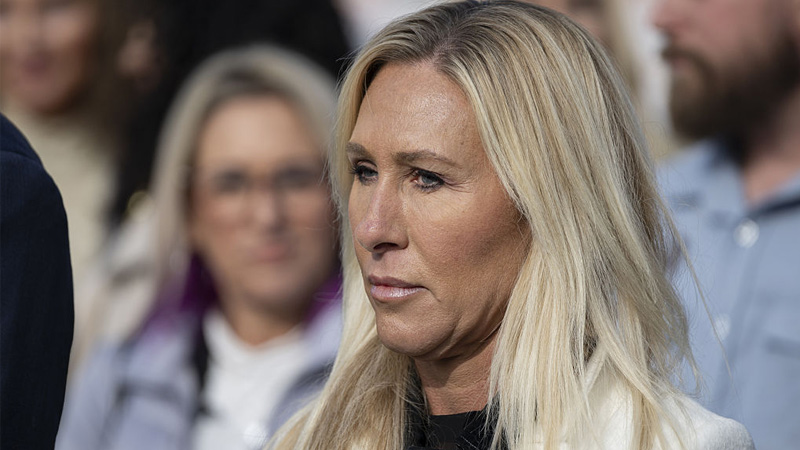
The plan now is to specify that the authorities have the right to carry out mass surveillance of an internet service within a specific timeframe – and do so “dragnet-style,” by spying on all users of that service during a given time.
The UK government has presented draft amendments to the Investigatory Powers Act (IPA) – otherwise known as “Snoopers Charter,” a highly controversial piece of legislation allowing for wide-scale spying by intelligence agencies.
The plan now is to specify that the authorities have the right to carry out mass surveillance of an internet service within a specific timeframe – and do so “dragnet-style,” by spying on all users of that service during a given time.
The first comparison that springs to mind is that this is a purely digital version of another very controversial mass surveillance practice known as “geofencing,” which involves obtaining data from service providers on all persons who happen to be within a physical perimeter.
The amendments were introduced in the British parliament on November 8, and separate from the bill on amendments itself, the UK Home Office has released “explanatory notes” that are not in fact a part of the proposed legislation.
The example they use is when “a public figure has been subject to sustained online threats and abuse via a number of internet facilities such as an overseas hosted email facility, social media platform or constituency website. In such circumstances investigators would wish to identify subjects accessing those internet resources at relevant specified times coincidental to the abuse occurring and threats having been made.”
From this, citizens can learn that in case one user of a network is designated as “acting maliciously” (for example, a politician and such public figures who are reporting “sustained threats” coming from email, with the service hosted abroad, social sites, their own sites) the new scheme would kick into force.
“In such circumstances investigators would wish to identify subjects accessing those internet resources at relevant specified times coincidental to the abuse occurring and threats having been made,” the explanatory notes read.
The Home Office justifies this latest effort to “update” the law in what seem to be a lot of wrong ways – namely, not taking into account the years of criticism and proposals on how to make it better, but instead pretty much decided to, in many ways, double down on just how awful it is.
One of the things that came out of the plan being publicly presented by the UK’s king last Tuesday was that there was an idea to introduce the power of veto if and when privately-owned (mostly US) social platforms decide to usher in some “privacy-friendly” features.
Some reports mention that one of the proposed provisions would mean that should globally operating tech/social media companies decide to increase security of their products (the implication here is not difficult to make – it highly likely refers to encryption), they would have to have the UK spying community’s “blessing” first.
MTG EXCLUSIVE INTERVIEW: Trump is Winning Swing States Despite Deep State Election Rigging




